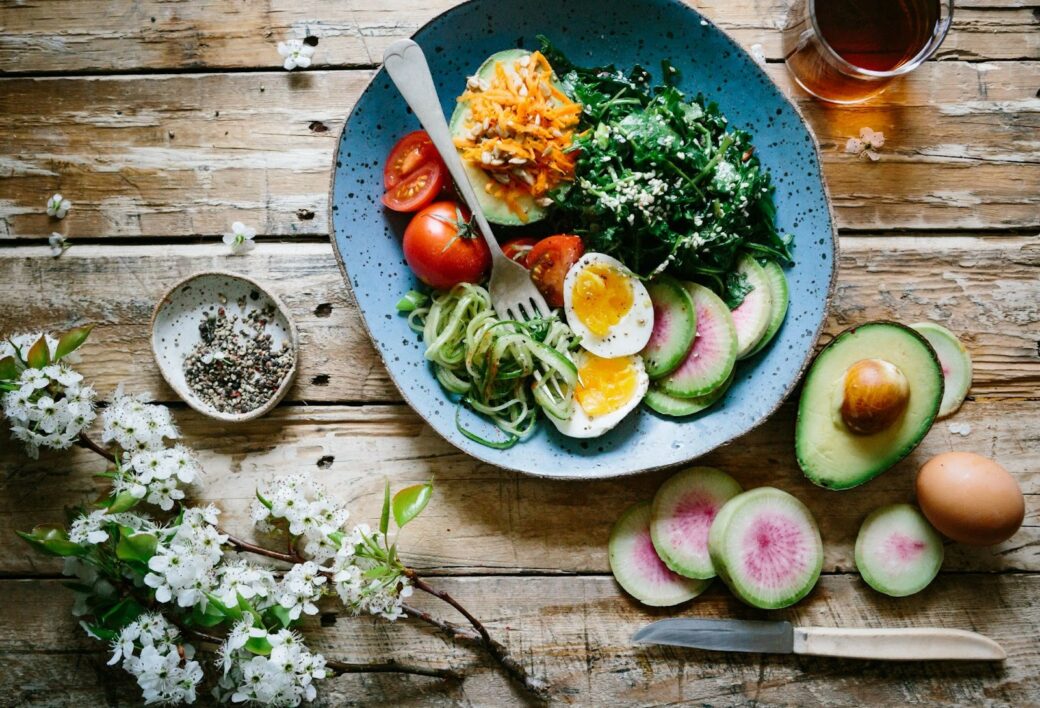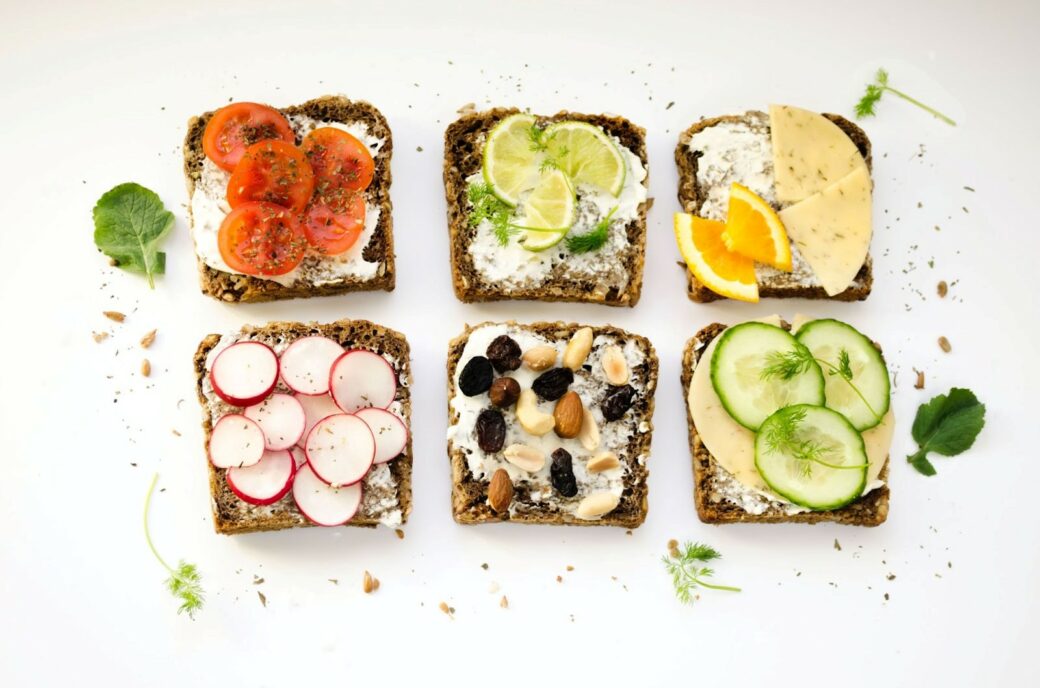There is considerable confusion among many people that eating healthy is way too expensive. But it’s just a misconception and has nothing to do with reality.
Although the market is full of fancy vegan, organic, and gluten-free cookies, there are still affordable and quality options too. You just need a little know-how to direct and prevent you from getting lost in a variety of food discussions.
So even though eating a balanced diet can seem difficult to afford with a tight budget, there is still a way out. There are several useful tips to help you in saving money without compromising the quality of food. Let’s quickly go through them.
#1 Plan Your Meals
Organizing your meal menus and scheduling ahead is the essential step when it comes to saving money. When planning, you can make a grocery list for the upcoming week, pointing out what you need to buy and how much. Don’t forget to inspect your refrigerator carefully: who knows, maybe in one of the hidden corners you can find the product you just intend to buy.
While you are checking the fridge, also make sure to organize your pantry and freezer. Get rid of materials that are out of date, or you just don’t want to eat. Then take stock of healthy food you have on hand and put them where you can easily find them.
#2 Don’t Concentrate On Elaborate Meals
Keep things as simple as possible. Expensive food doesn’t yet mean healthy. You can make a simple meal with inexpensive ingredients that are way more useful and healthier than the costly ones. The critical point here is to prepare the meal well.
How? For example, a tossed salad, grilled chicken breasts, and baked sweet potatoes can be enough to make simple healthy food.
You can cook a veggie-filled salad with chicken breast or London broil with roasted vegetables and potatoes. What’s important, it’s healthy, delicious, and saves you a lot of time and money.
#3 Don’t Miss The Coupons, Sales, and Discounts
Many grocery shops and markets offer discounts or sale prices for various organic foods. Take advantage of such discounts to buy the necessary food materials at low prices if possible.
You can install the market apps and activate email deals to stay informed and get notifications for discount activities. It will enable you not to miss ideal offerings and save money while buying your favorite products.
#4 Pack Your Lunch
It’s not a secret that eating out is several times more expensive, especially on a daily basis. So packing your snacks, lunches, drinks, and other meals is a great way to save money.
What’s more, when packing, you can control the meals you eat and choose nutritious ingredients. Also, if you are used to cooking large meals at home, you have a significant advantage. It will ensure you always have a steady lunch to pack with you without extra cost or effort.

#5 Use Everything That is In Your Refrigerator
Wasting food, losing track of what’s inside the refrigerator, and ending up throwing things away. Can you find yourself in this scenario? If yes, then it’s time to change your habits.
First of all, keep a clear track of what you have and try not to waste anything. Then, categorize the leftovers based on their approximate expiring date and don’t let them get too old to eat.
Finally, you can include the food materials required to be eaten immediately in your meal plan. If not, then you can freeze it.
#6 Buy Frozen Vegetables and Fruits
Who says that frozen products are less nutritious than fresh ones? Unfortunately, fresh fruits and vegetables are usually in season for only several months a year. Other times, they are rather too expensive.
Frozen fruits and veggies can serve as a perfect alternative to the fresh ones in case it’s out of season already. In addition, they are cheaper, and what’s more, they are available throughout the entire year.

#7 Grow Your Own Products
Well, homemade food is always way better than the food we eat outside. With the same logic, the products you grow on your own are more organic than what you can get in markets. So, if you have the right conditions and suitable place to farm products, it’s just perfect.
You can buy seeds at relatively low prices and grow your own sprouts, tomatoes, herbs, and other vegetables. After some time, your efforts and energy will be paid off in the form of nutritious and healthy ingredients. And what’s more important, all these will save you a lot of money.
The Bottom Line
Who says you need to be extra rich to eat healthy and balanced food? In reality, there are many ways to nourish your body with vitamin-rich foods, even when being on a tight budget.
With a bit of planning and effort, you can manage your budget to fit healthy food costs without exploding your wallet.

